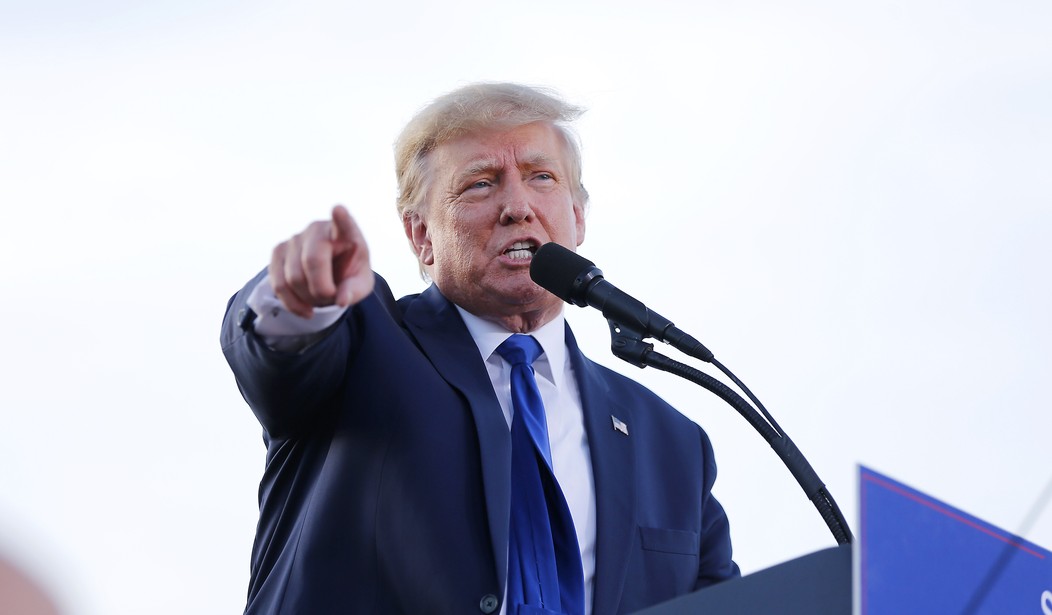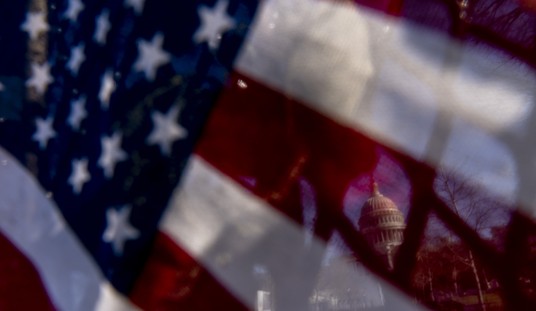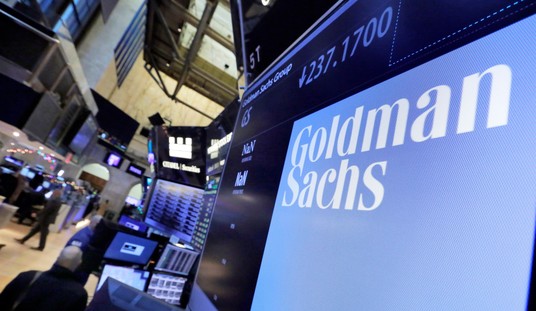Watch Dan Crenshaw do his level best a few days ago to defend Trump’s decision to withhold documents from the feds.
Dan Crenshaw’s appearance on CNN is off to a shaky start pic.twitter.com/xzbqiuyGFd
— Aaron Rupar (@atrupar) August 21, 2022
Trump has been cooperative, Crenshaw insists, so why didn’t the FBI just politely ask him to return the remaining documents he had?
But as we’re finding out, he actually hasn’t been cooperative. And he was asked to return the material in his possession — many times, including via a grand jury subpoena. Why didn’t he?
The latest scoop comes from WaPo, which obtained an email sent by the top lawyer at the National Archives to Trump’s team in *May 2021* requesting the return of two dozen boxes of documents. According to that email, Trump’s own White House counsel, Pat Cipollone, had designated the material in the boxes as government property that properly belonged to the Archives in the final days of Trump’s presidency. Even his own lawyers concluded that he had no right to retain the papers, in other words. And the Archives had been nagging him for fully 15 months to please just hand them over before the FBI showed up at Mar-a-Lago.
Why didn’t he?
“It is also our understanding that roughly two dozen boxes of original presidential records were kept in the Residence of the White House over the course of President Trump’s last year in office and have not been transferred to NARA, despite a determination by Pat Cipollone in the final days of the administration that they need to be,” wrote Gary Stern, the agency’s chief counsel, in an email to Trump lawyers in May 2021, according to a copy reviewed by The Washington Post…
Stern cites at least two high-profile documents that the Archives knew at the time were missing — letters from North Korean leader Kim Jong Un and a letter from former president Barack Obama at the beginning of Trump’s presidency…
Throughout the fall of 2021, Stern continued to urge multiple Trump advisers to help the Archives get the records back, according to people familiar with the conversations, who spoke on the condition of anonymity to describe private conversations. Trump only decided to give some of the documents back after Stern told Trump officials that the Archives would soon have to notify Congress, and Stern told Trump advisers that he did not want to escalate and notify Congress, these people said.
Cipollone didn’t respond when WaPo asked him to confirm that he had determined that the records in the boxes should be sent to the Archives, not to Mar-a-Lago. But it would be very surprising if Stern had made that detail up or was misinformed about a fact that basic before sending a letter to a former president requesting the return of sensitive documents.
Follow the timeline here:
May 2021: The Archives, via Stern, asks for the documents back.
Fall 2021: The Archives, via Stern, keeps asking.
January 2022: The Archives, via Stern, threatens to involve Congress, spurring Trump to finally return some documents.
April 2022: After looking through the documents and discovering classified material, the Archives informs Trump that it’s now a national security matter and the FBI will need to get involved.
May 2022: The Archives, via acting director Debra Steidel Wall, tells Trump’s team that she’s tired of them stalling on their claim of executive privilege to try to bar the FBI from reviewing the documents and informs them that she’s rejecting their claim.
May 2022: The next day, Trump’s team receives a grand jury subpoena seeking the return of any other classified documents.
June 2022: Trump’s lawyers meet with the FBI to turn over more documents and sign a statement attesting that there’s no more classified material in Trump’s possession.
June 2022: Later that month, Trump’s team receives a new subpoena requesting surveillance video from Mar-a-Lago of the room where the documents are stored. The video allegedly shows “various people entering and leaving the room.”
August 8, 2022: Suspicious that classified material is still being stored on the premises despite 15 months of trying to get it back, the FBI conducts a search of Mar-a-Lago. According to the inventory of items provided to Trump afterward, they recover 11 sets of classified documents including some marked “top secret/SCI.”
They spent 15 months trying to do this the easy way. Trump wouldn’t let them. If, contra the determinations made by the Archives and Cipollone, he wanted to challenge the claim that the documents in his possession rightly belonged to him rather than the government, why didn’t he go to court early in this process? At the very least, why didn’t he challenge the first subpoena issued in May of this year?
Former federal prosecutor Andy McCarthy is watching this play out with growing unease. MAGA media has been harping on the fact that Steidel Wall, in her letter to Trump’s lawyers in May, acknowledged that the White House has been involved in this process. But the White House had no choice in that, McCarthy notes: Under federal law, once a former president asserts executive privilege over documents, the Archives *must* consult with the current president to see if he wants to honor the privilege claim of his predecessor. In this case, Biden deferred to Steidel Wall to make the decision, evidently not wanting to insert himself into the matter. It was Trump who dragged Biden into this by asserting privilege, says McCarthy.
He arrives at the key point:
For those of us who remain skeptical about whether the drastic measure of a search warrant was really necessary (especially given the FBI and DOJ’s evident lack of urgency in the months after Trump’s surrender of the 15 boxes in January 2022), these revelations require grappling with a hard question: Given that the former president was not responsibly securing the government’s most closely held intelligence, that he was trying to prevent the FBI from examining what he’d returned, that his lawyers were either misinformed about or lying about the classified information still retained at Mar-a-Lago, and that even the issuance of a grand-jury subpoena (with potential criminal penalties for noncompliance) had not succeeded in getting Trump to hand over the remaining classified information, what option short of a search warrant would have sufficed?
What was the DOJ supposed to do after 15 months of polite requests to get back “top secret/SCI” information that the former president wasn’t supposed to have and hadn’t properly secured?
I’ll leave you with this, in which a not-at-all nervous Trump manically posts about losing control of the documents on his new social-media platform. Remember as you read it that he wants you to believe he’s trying to turn down the heat of political passions surrounding the search.









Join the conversation as a VIP Member